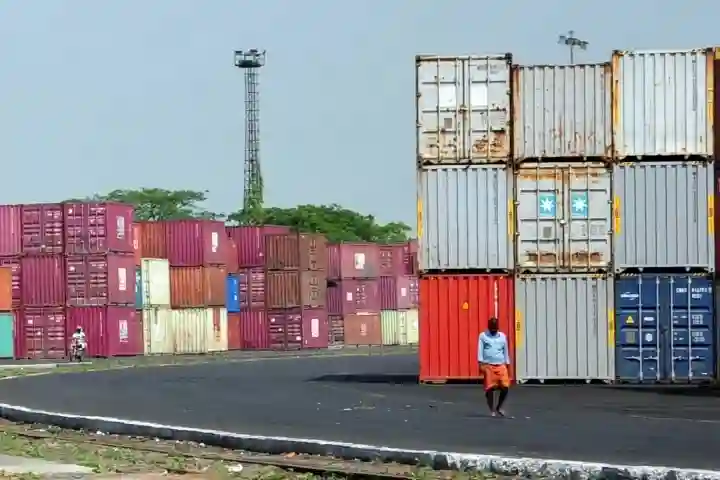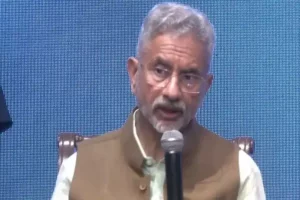Amid slowing demand from the West which has dealt a blow to China’s exports sector, Beijing’s dependence on the Indian market and its growing consumption trends could increase further. In May China’s exports dropped 7.5 per cent year on year to a three-month low of $283.5 billion after a growth of 8.5 per cent in April. This is the steepest decline in four months. As economic uncertainty grips Europe and even the US, the struggle for Beijing’s exports sector is likely to continue. This will cause worries for Beijing as it could make the economic recovery path even tougher.
“Given the high inflation in the U.S. and Europe, demand from there should keep weakening, which also dampens the processing demand in China,” Reuters quoted Iris Pang, chief economist for Greater China at ING as saying.
China’s exports to the US dropped by 18.2 per cent from a year ago period. Similarly exports to the European Union fell 26.6 per cent. However, shipments to Russia surged by 114 per cent, particularly energy, data website Trading Economics revealed.
“China needs India to boost its exports, in fact it is keen that India even joins the RCEP (Regional Comprehensive Economic Partnership) as trade with New Delhi then becomes even easier. India’s demographics and growing consumption provides a ready market for China,” a trade analyst with an industry body told India Narrative.
Bilateral trade between India and China reached a record $135.98 billion in 2022. While this was primarily due to a surge in imports from India, the trend indicates that the two countries have not let economic ties suffer even as the political faceoff continued. India’s exports to China, however, fell in 2022, driving an already significant trade deficit.
“We are aware of the fact that imports from China have increased and the focus is on Aatmanirbhar Bharat but let us understand that we have an on going trade relations which cannot be scrapped all of a sudden and that is an exercise which should not be pursued — it will only cause more to our economy. After all we are neighbours and we need to be pragmatic,” a senior government official told India Narrative.
Active Pharmaceutical Ingredients (APIs), chemicals, auto components, electrical and mechanical machinery, are the key import items. These are critical raw materials for the manufacturing sector.
The Narendra Modi government, which is trying to showcase India as the world’s next manufacturing hub, has assured the businesses that the steady flow of raw materials will not be choked at any point. the $100 billion-mark for the first time.
China’s export led growth strategy
China’s economic growth has been exports driven. China’s export-driven economy was the workshop of the world for decades. In 2001, when China joined the World Trade Organization (WTO), the country accounted for 4 per cent of the world’s exports, and by 2017, that had risen to 13 per cent, the South China Morning Post noted.
However, challenges for the Chinese exports sector started with the trade war with the US followed by the Covid 19 pandemic.
Also read: India pips China in ethanol production to meet green energy goals




















